ISAC Program Q&A
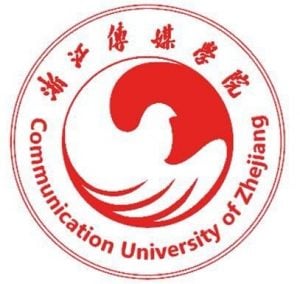
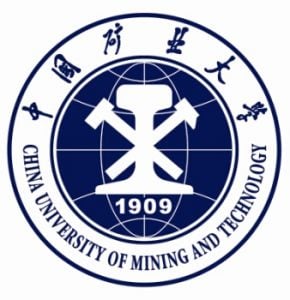
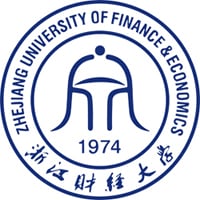
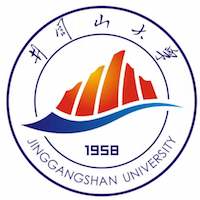
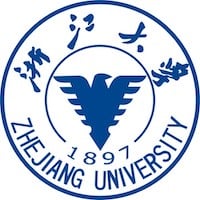
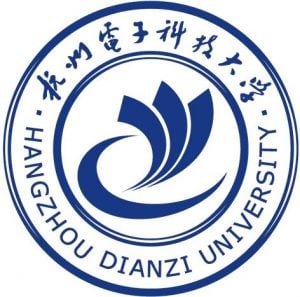
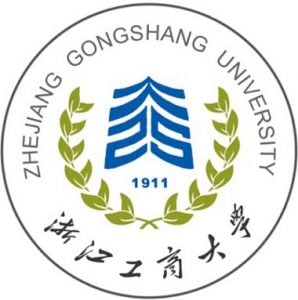
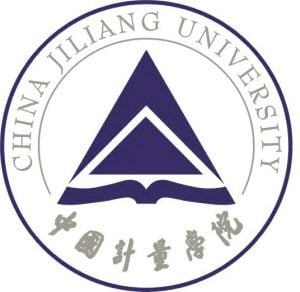
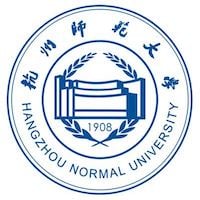
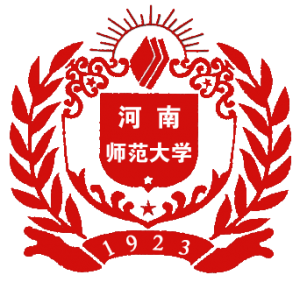
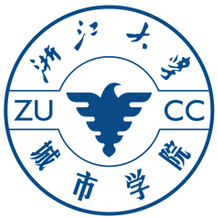
Before You Apply
At ISAC, we specialize in connecting dependable teachers with reliable institutions.
We believe that the cornerstone of a successful experience abroad lies in reliability. That’s why we partner exclusively with established, trustworthy institutions to ensure a rewarding journey for our teachers. Mutual trust is vital, especially when working internationally.
If you’re seeking a reliable teaching experience in a foreign country, join us at ISAC Teach in China Program, where we ensure both parties (teachers and schools) are reliable and responsible.
ISAC is a government certified search firm. We work with educational institutions (universities and schools) in China to recruit foreign teachers.
With ISAC Teach in China Program, foreign teachers are invited to teach in China at our partner universities / schools.
Our duties:
- Screen teacher’s qualification including collecting and reviewing passport, teaching certificate, reference letters, diploma, self-introduction video etc.
- Book interviews for foreign teacher with his/her interested institutions;
- Guide teachers on work visa application, documents collection, medical check etc;
What we don’t do:
- Salary: ISAC does not determine teacher’s salary. Our partner school/university does that. Your salary and benefits are not affected whether you are introduced by ISAC or other firms;
- Contract: contract is signed directly between foreign teacher and university, not with ISAC.
- ISAC’s partner schools/universities are carefully selected for teachers to have good overall experience in China
- ISAC is certified by Ministry of Human Resources and Social Security
- ISAC has networks in China’s public and higher education sector. Your teaching experience via ISAC Teach in China Program provides you a career ladder at ISAC’s partners. For example: teacher Ms. Teresa taught English at Nanhai Foreign Language School and after a year of service and positive feedback from the school, she was referred by ISAC to teach at Hangzhou Normal University, video.
You are hired by the school. You will sign a contract with school directly. Your salary will be issued from school.
ISAC is involved in candidate screening, information relay and visa guidance.
We provide the following types of jobs:
1, Language Teacher
Most of our jobs are English teaching jobs. Some jobs are German, French, Japanese, Spanish, Russian, Korean teaching jobs. We also have some other language positions every now and then. For example, Thai, Czech, Portuguese, Malay etc. We welcome teachers to submit CV so we can contact you once we have suitable university positions for you.
2, Subject Instructor (Mechanical Engineering, Software, Computer Science, Petro Science, Chemistry, Math, Medicine etc); For subject teachers, we require them to have at least Master’s degree
Please follow Application Procedure
- the Fall term (from Sept-Jan) and
- the Spring term (from Feb-July)
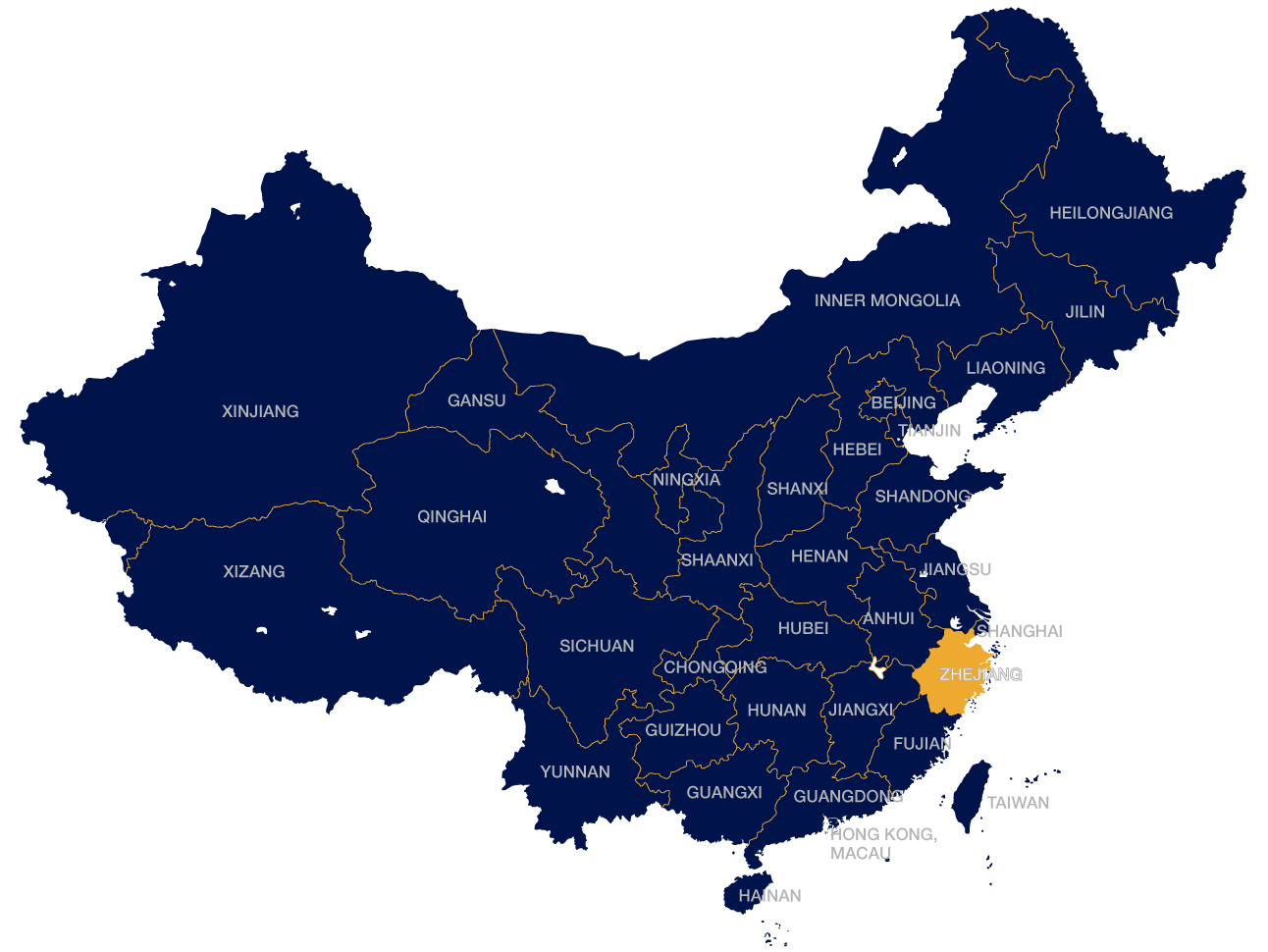
Salary & Work Conditions
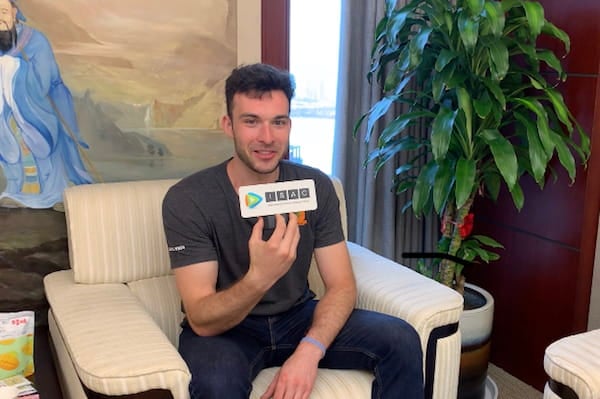 Chris, Hangzhou Program
Chris, Hangzhou Program
One thing is working hours. University teachers have about 12-16 classes (45 minutes each class) per week and no office hours. For public schools, the working hours are about 36-40 hours per week (usually 18-20 teaching hours plus 18-20 office hours). That’s why most university salary falls into the 8,000-10,000 range. Of course, you need to consider what to do in your spare time. So university jobs are perfect for those who wish to have more spare time (for travel, study, learn a new language etc). University jobs usually have better hourly rate though less overall.
Another thing is benefits. Universities provide free accommodation, sometimes quite spacious. It’s common to see a two-bedroom apartment for university teachers which is less common for public school/private sector jobs. Also, most university campuses are out of downtown in a less populated area with greenery, and easy access to city center (for students and teachers to commute).
If you don’t live a lavish lifestyle, you can save a large portion of your salary. Working in the public sector means most expenditures are covered. Housing, rent, utilities, flight tickets, travel allowance, medical insurance are included in your salary package. You need to pay for meals with affordable price at school canteen.
No doubt that you see private sector providing better salary, but if you take a closer look at the benefits and the package in a big picture. Public universities provide a more relaxed working environment and better work-life balance.
Refer to:
ISAC and your host university can guide you through your work visa application including what to prepare, where to go for medical check, and for document authentication etc. The Z visa application process can be daunting at first sight, but you don’t need to worry as we got all the expertise to make it a smooth process.
It really depends on when and the situation at that time. It can vary, and usually it takes less than a week for a school to make a decision.
No, you need at least a bachelor’s degree to apply for a work visa.
You do not wish to work illegally in China.
Yes. A new teacher needs to have one of the following to be eligible: 1. TESOL/TEFL/CELTA Certificate on a 120 hours or more training or 2. Valid teaching certificate issued from your home country or 3. You majored in Education or Linguistics, and that should be shown in your diploma or transcript.
Unfortunately no. ISAC encourages teachers to teach their mother languages. For example, if you are from France and grow up in a French-speaking environment, the best option for you is a French teaching position.
- Formal teaching experience for 2 years or more
- A TEFL/TESOL/CELTA certificate or teacher’s license from your home country
- Diploma in Education or Linguistics
As you can see from our job list, there are many universities and cities. Which one is the best fit for me?
One consideration is location and the other is university ranking. From our experience, for teachers who are new to China or new to the higher education, being open-minded and reliable is the key. Big city or small city, top level university or vocational college, they all have got pros and cons. A vocational college in a small city does not mean a bad experience; on the contrary many teachers in a small college enjoyed the experience of being close to nature, colleagues, being popular on campus because there are only a few foreign teachers at the school (See Brian, Esther). At top-level universities, the pro is the students are more willing to study but the con is that it is difficult to stand out (imagine working at a university with 30 foreign teachers, half of them have PhD degrees).
Our advice is to get to know the city and the university, know what is included and what is not, and go for it. The more important thing is to get all required visa documents ready. After a year or two of working, you will have a better idea where you are heading for the benefits of your career and life.
For university positions, you will work about 3, or 4, or 5 days a week, depending on your class schedule.
Yes, with satisfactory feedback or reference letter from your current employer.
Yes, as long as a university has more than 1 vacancy.
Yes, you can, although the additional cost (flight, insurance etc) needs to be borne by the teacher.
Other Questions
- Sign a contract directly with your employer, not with an agency.
- Do not work on a tourist visa. We heard that in Thailand it is common practice to transfer from tourist to work visa, but in China, we do not suggest that method. It is risky and illegal.

Visa Document
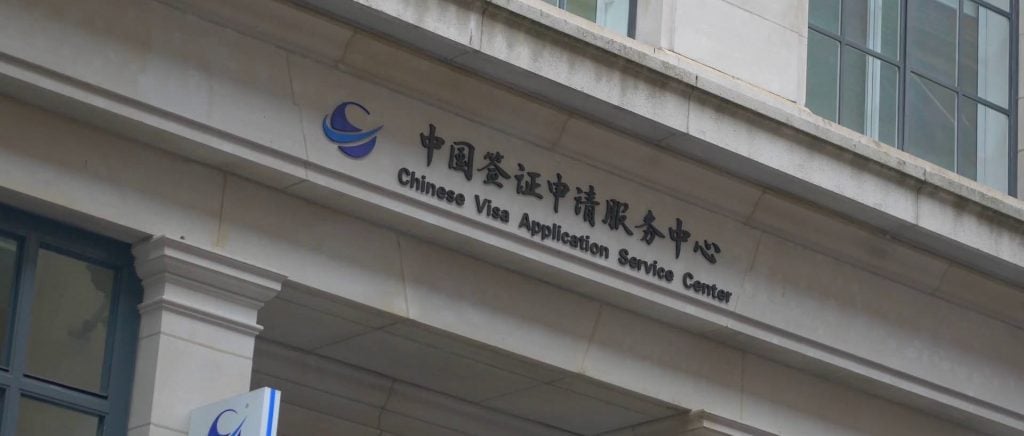
Yes, but positions are very limited.
